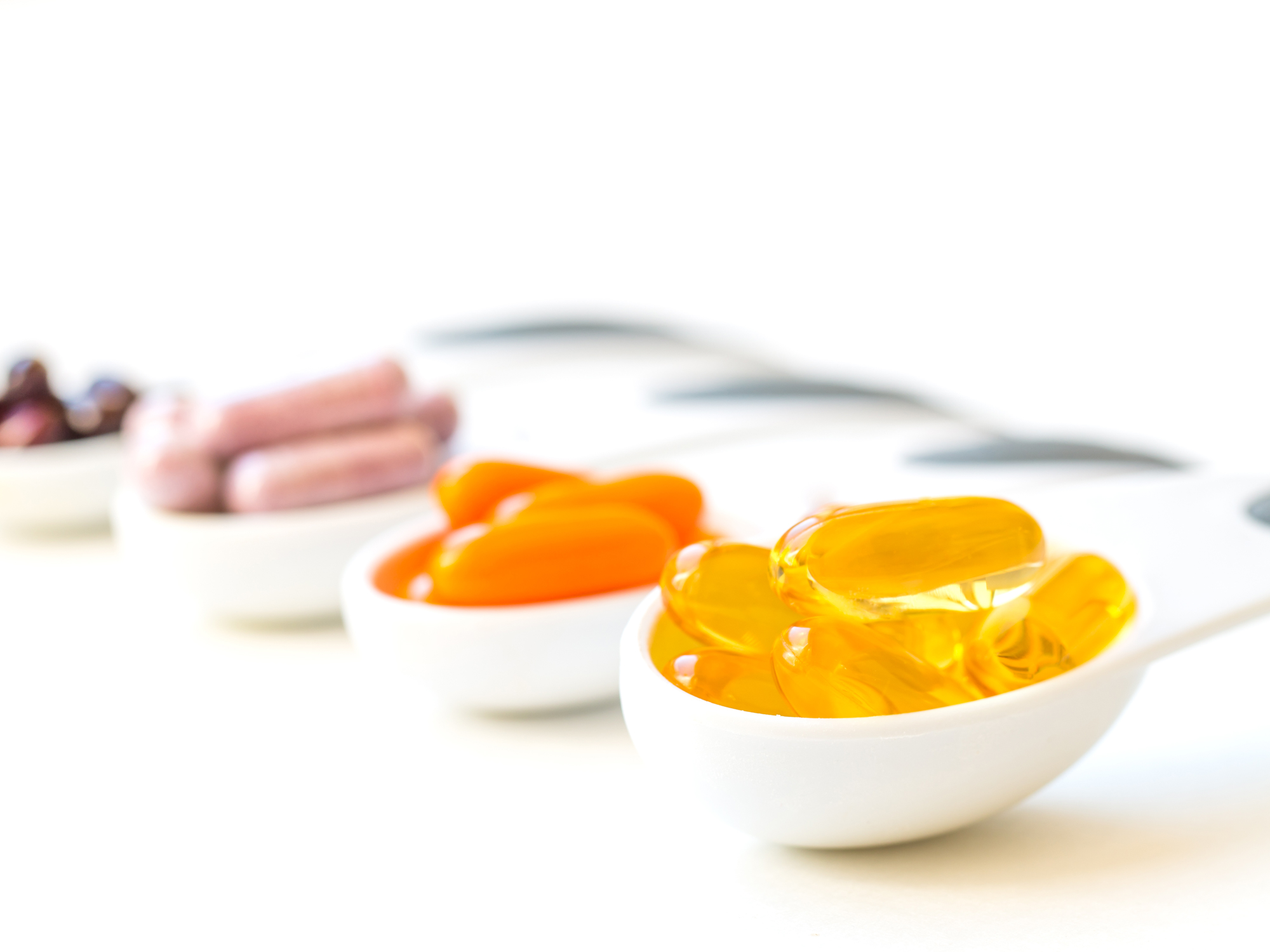Get Easy Health Digest™ in your inbox and don’t miss a thing when you subscribe today. Plus, get the free bonus report, Mother Nature’s Tips, Tricks and Remedies for Cholesterol, Blood Pressure & Blood Sugar as my way of saying welcome to the community!
The anti-diabetes antioxidant that reverses insulin resistance

Type 2 diabetes doesn’t develop overnight. It’s a multi-step process that takes years. And it usually starts with insulin resistance…
Long before your doctor looks at you with concerned eyes and tells you there’s something up with your blood sugar, your body is most likely becoming more and more resistant to insulin.
As you may already know, insulin is a hormone that helps your cells absorb the sugar they receive from food and turn it into energy. When your cells become resistant to insulin (i.e., they don’t respond to it anymore), your cells aren’t absorbing sugar properly and it’s left in your bloodstream.
Diet, exercise and weight all contribute to insulin resistance. But recent research shows there’s another invisible culprit fueling your insulin resistance… a type of free radicals known as reactive oxygen species.
Reactive oxygen species are an unavoidable part of life. Your body creates them in response to pollution, cigarette smoke, chemicals, X-rays and other stressors in your environment. But reactive oxygen species also form naturally in your body during essential bodily functions like when your cells create energy. These reactive oxygen species cause DNA damage that leads to premature aging and disease.
But there’s good news…
If reactive oxygen species contribute to insulin resistance, it’s a safe bet that antioxidants — your body’s protectors against free radicals — can help reverse it. In fact, it’s more than a safe bet. It’s scientifically proven.
And a recent collaborative study from U.K., Australian and U.S. researchers shows there’s one particular antioxidant that could help people with prediabetes and type 2 diabetes reverse their insulin resistance and reclaim their health.
CoQ10 fights free radicals that fuel diabetes
In a major collaborative research effort, researchers from the University of Sydney, Victor Chang Cardiac Research Institute, Duke University School of Medicine, Garvan Institute of Medical Research, Genentech Inc. and the University of New South Wales recently demonstrated that the antioxidant coenzyme Q10 (CoQ10) reverses insulin resistance.
These researchers examined the correlation between CoQ10 levels and insulin resistance in a bunch of studies, including experimental laboratory studies, mouse models and studies that used samples from human tissues.
They determined that as the CoQ10 levels in tissues got lower, insulin resistance got higher. In other words, cells without an ample supply of CoQ10 were more likely to be insulin resistant. Researchers think this connection relates to reactive oxygen species.
In fact, they confirmed that more reactive oxygen species formed in cells that didn’t have enough CoQ10.
But there’s a positive side to their findings…
When researchers restored healthy CoQ10 levels to those depleted cells, insulin resistance reversed. That means the antidote to insulin resistance may be an inexpensive supplement available at your local health food store.
Using CoQ10 for insulin resistance
So does this research prove that CoQ10 supplements are the answer to type 2 diabetes?
Not quite. More often than not, type 2 diabetes is caused by lifestyle — not getting enough exercise and eating an unhealthy diet. Stress plays a big role in the disease too.
So I’m not suggesting you take a CoQ10 supplement and completely ignore these other factors. That would be silly. And probably wouldn’t work.
Start exercising, eating right and destressing daily. Then if you want extra help getting your insulin and blood sugar back on track, try a CoQ10 supplement.
But you should know, CoQ10 supplements are hard for your body to absorb, so some of them are a waste of money.
Choose a CoQ10 supplement called ubiquinol. Ubiquinol is the natural antioxidant form of CoQ10, and it’s absorbed eight times better than the conventional form of CoQ10 (known as ubiquinone).
You’ll also want to look for a supplement that’s crystal-free since your small intestine can’t absorb the crystals found in some CoQ10 supplements.
Once you start exercising, eating healthy and taking the right CoQ10 supplement, your insulin resistance will probably resolve itself. Then you can reverse your body’s descent into type 2 diabetes and send it on the path toward better health instead.
Editor’s note: Are you feeling unusually tired? You may think this is normal aging, but the problem could be your master hormone. When it’s not working, your risk of age-related diseases skyrockets. To reset what many call “the trigger for all disease” and live better, longer, click here to discover The Insulin Factor: How to Repair Your Body’s Master Controller and Conquer Chronic Disease!
Sources:
- Prediabetes & Insulin Resistance — National Institute of Diabetes and Digestive and Kidney Diseases. Retrieved February 13, 2018.
- Simple molecule could prevent, alleviate pre-diabetes — MedicalXpress. Retrieved February 13, 2018.
- J. Fazakerley, et al. “Mitochondrial CoQ deficiency is a common driver of mitochondrial oxidants and insulin resistance.” — eLife, 2018.
- Lobo, et al. “Free radicals, antioxidants and functional foods: Impact on human health.” — Pharmacognosy Reviews. 2010 Jul-Dec; 4(8): 118–126.
- Hajhashemi, et al. “Are antioxidants helpful for disease prevention?” — Research in Pharmaceutical Sciences. 2010 Jan-Jun; 5(1): 1–8.
- Bajaj and A. Khan. “Antioxidants and diabetes.” — Indian Journal of Endocrinology and Metabolism. 2012 Dec; 16(Suppl 2): S267–S271.














